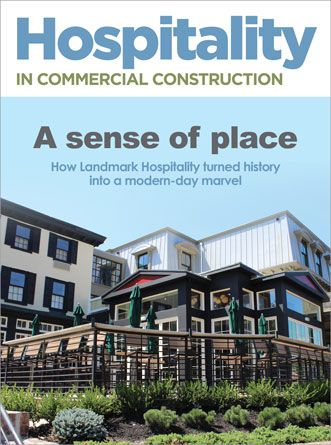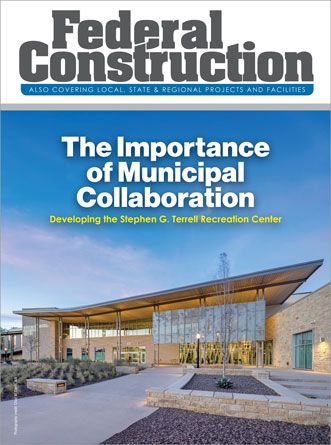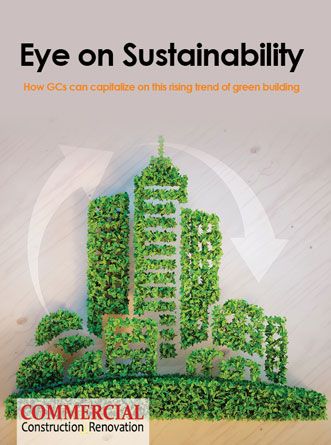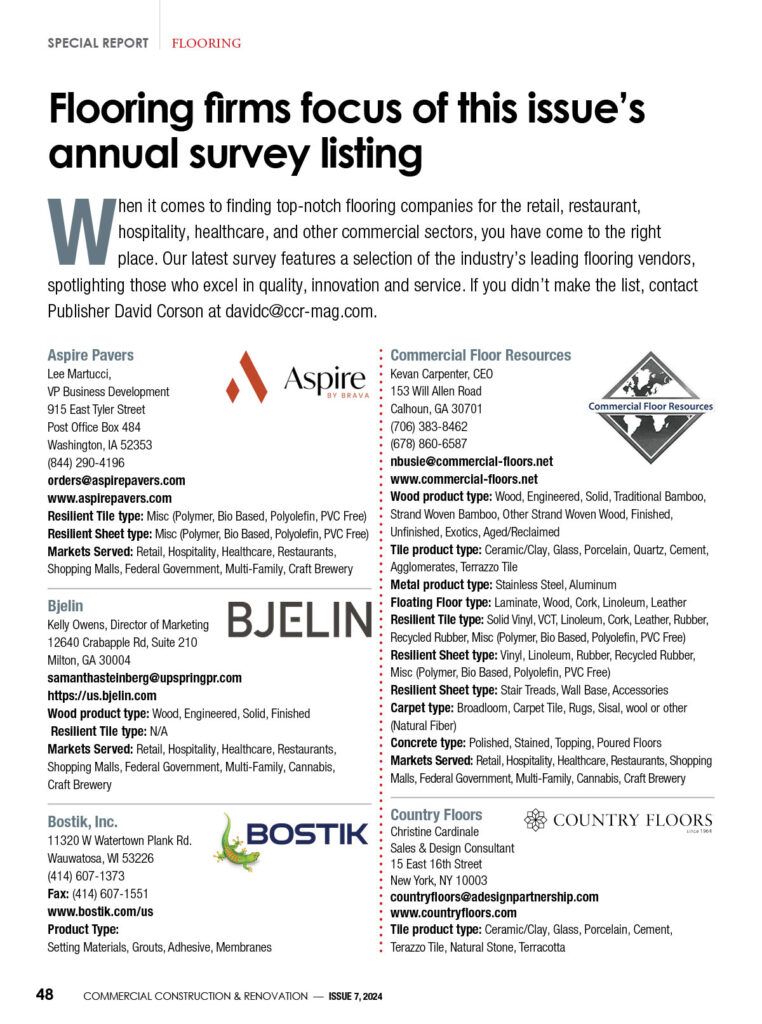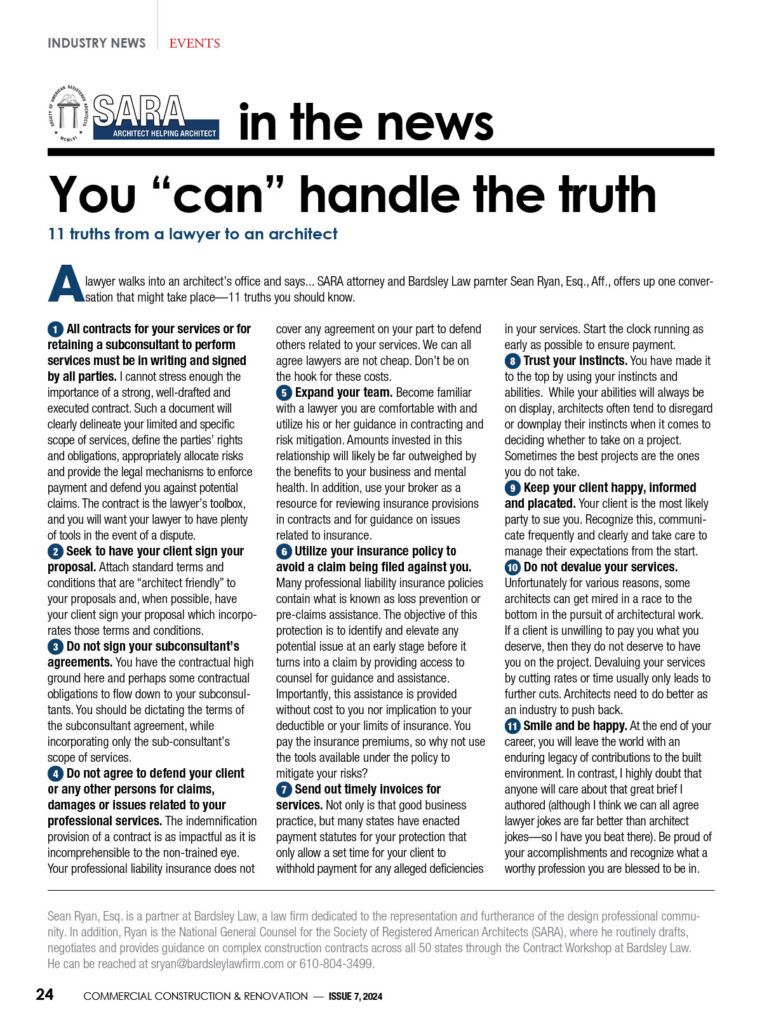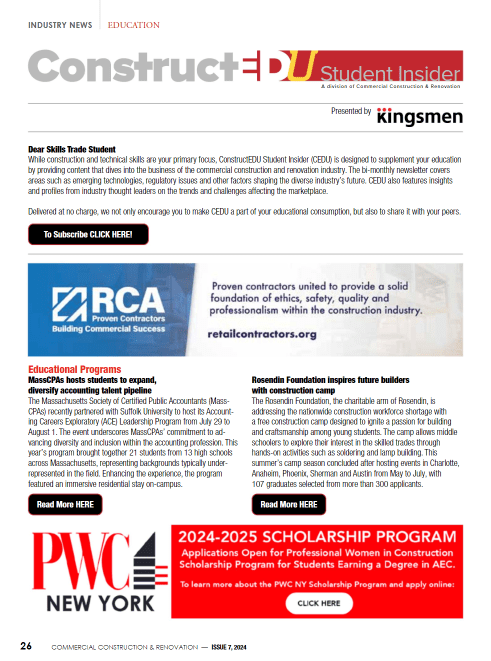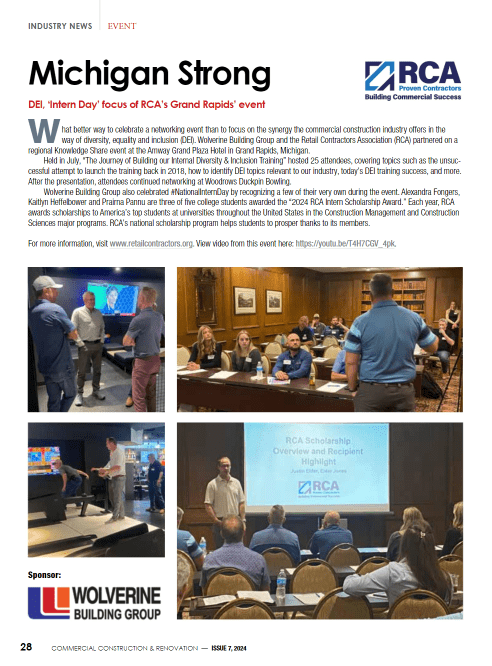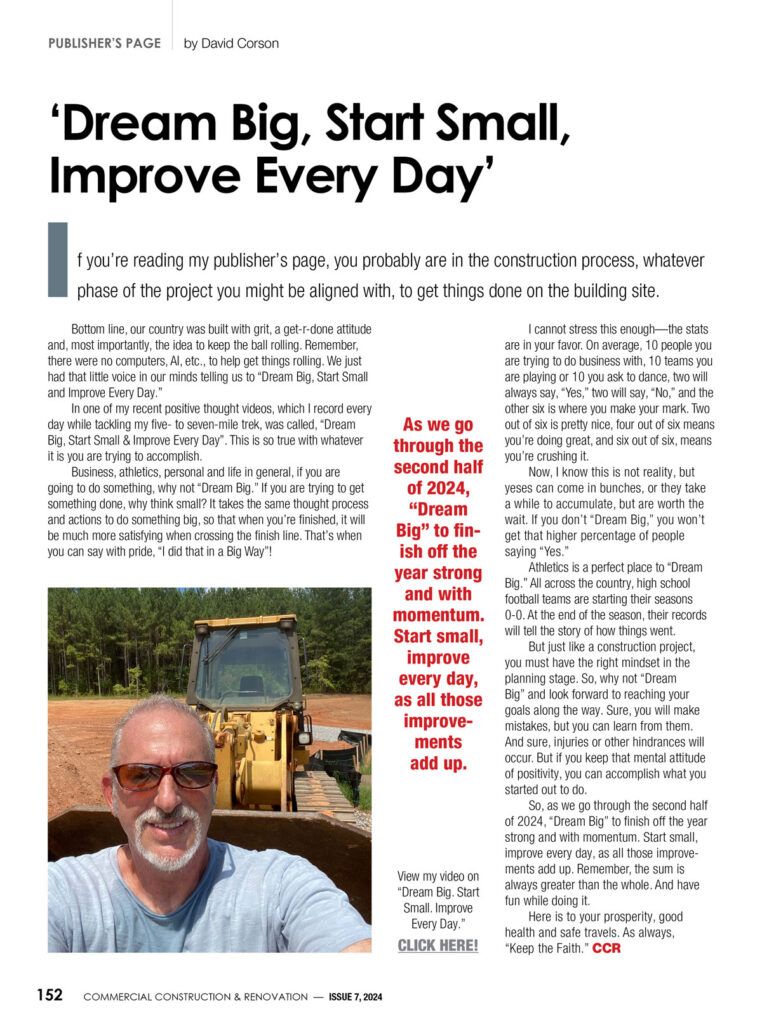Hypotension simply means low blood pressure. It’s a blood pressure reading of below 90/60 mm/Hg. For some people, low blood pressure might be a desirable condition, and it usually doesn’t show any symptoms in many. However, that doesn’t mean low blood pressure symptoms don’t exist. In fact, when the symptoms do show up, they can be disruptive and unpleasant. This post will elaborate on the symptoms, causes, and remedies of low blood pressure.
Low Blood Pressure – Symptoms
Hypotension, or low blood pressure is more common among older people, though it can affect people of any age. From feeling lightheaded, dizzy, and even fainting, the symptoms of low blood pressure are many.
Other common symptoms include:
- Unusual changes in behavior
- Shallow or fast breathing
- Nausea
- Vomiting
- Weakness/ Fatigue
- Low concentration
- Distorted/Blurred vision
Extreme low blood pressure, on the other hand, may lead to life-threatening conditions. Symptoms include:
- Rapid or weak pulse
- Pale or cold skin
- Trouble breathing
- Confusion (especially in seniors)
What Causes Low Blood Pressure?
Low blood pressure has many causes and can vary from one individual to another. It can affect both healthy people and ones with underlying health conditions like diabetes. Moreover, low blood pressure can sometimes be the result of aging or may be genetic. There are also some temporary factors that can lead to low blood pressure, such as dehydration or pregnancy. Understanding blood pressure causes and symptoms is important so as to find the right remedies and treatments for it.
Other causes of low blood pressure are:
- Poor diet
- Decreased blood volume
- Stress
- Blood donation/ blood loss
- Allergic reactions to certain drugs
- Medications for depression
- Heart problems
- Severe infections
Low Blood Pressure – Remedies
Most people with low blood pressure can easily bring it to an optimal level at home. Simple things like making the right lifestyle changes, including adding supplements like taurine to your diet, can help maintain your blood pressure
- Drink enough water:
One of the common causes of low blood pressure is dehydration. Drinking enough water can help avoid this condition. Moreover, it can also help increase blood volume and is essential for overall well being.
- Increase sodium intake:
According to experts, increasing your salt intake can help raise blood pressure moderately or sometimes dramatically.
- Avoid rapid movements:
People with low blood pressure should avoid standing up or sitting rapidly as it can result in dizziness, light-headedness, and even fainting.
- Avoid alcoholic beverages:
Alcohol is known for lowering blood pressure. Hence, people with low blood pressure should avoid or at least reduce their alcohol intake.
- Eat small portions of meals frequently:
Eating small meals several times throughout the day may help prevent the sudden drop in blood pressure that one may experience after meals.
When To See A Doctor?
According to doctors, low blood pressure isn’t a health issue per se unless it shows symptoms. Anyone experiencing mild symptoms can try natural remedies and make certain lifestyle changes to help raise their blood pressure.
If the symptoms are persistent, you can consider discussing medications with a doctor. In case of life-threatening symptoms like a shock, seek immediate medical attention.








 The 2024 virtual Men’s Round Table will be held Q4, 2024, date TBD.
The 2024 virtual Men’s Round Table will be held Q4, 2024, date TBD.



